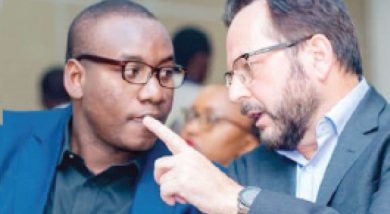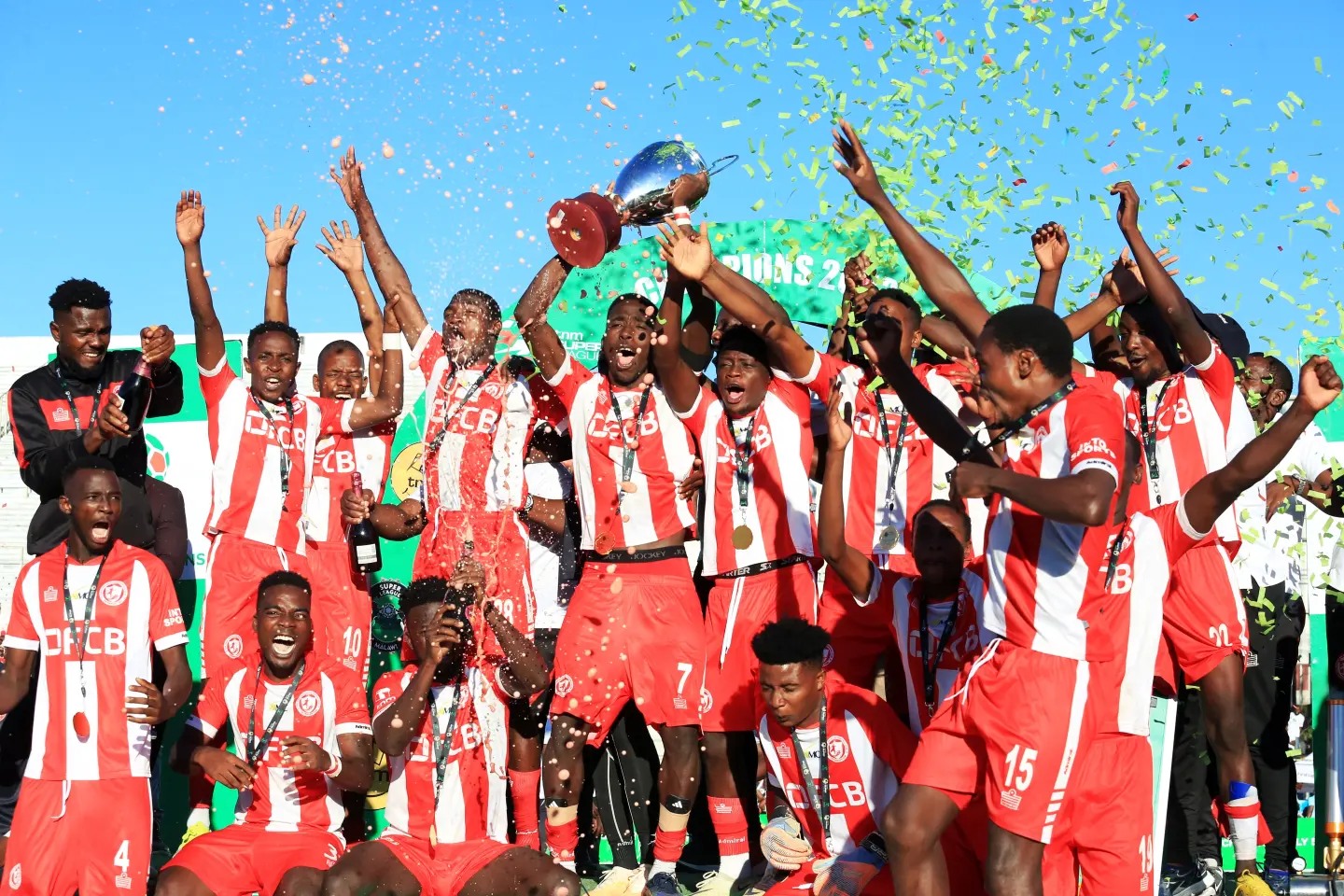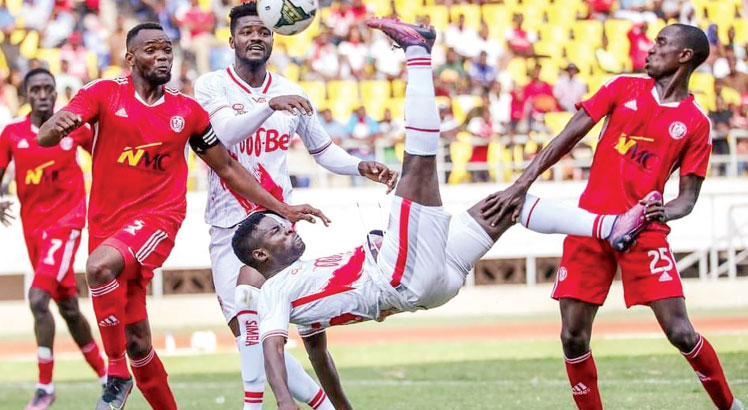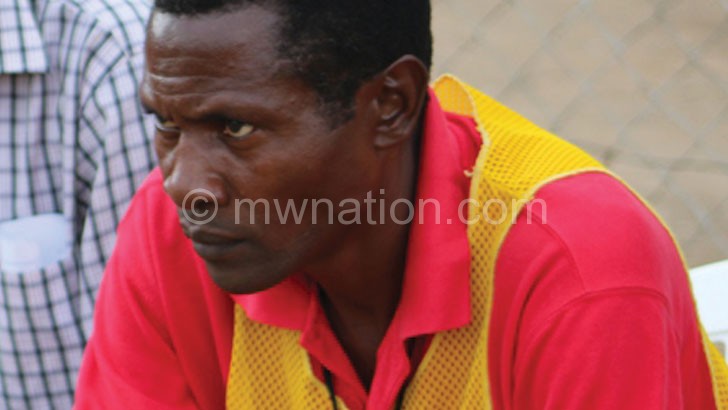It’s Hi-Five’
Minister of Youth and Sports Ulemu Msungama says the new Tonse government will prioritise five sports development plans.
He said the Tonse Alliance administration, which was ushered into office during the fresh presidential elections last month, believes grassroots sports in schools and communities, capacity building for sports officials, talent identification and development, sports infrastructure development and electronic revenue management are key to the improvement of Malawi sports standards.
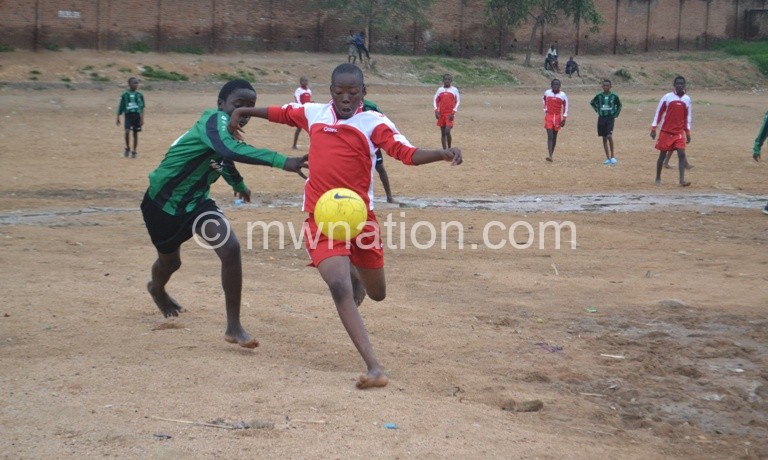
“Our priority will be in these areas because they are key in the development of sports and we plan to achieve that by setting up proper structures at all levels,” said Msungama.
In spite of that, the minister said the new administration will soon determine whether to inherit sports projects that the previous Democratic Progressive Party (DPP)-led administration embarked on such as sports complex, which includes an indoor netball court, stadia in a number of districts and stadia for the country’s soccer giants Nyasa Big Bullets and Be Forward Wanderers.
“We will do a cost benefit analysis to determine whether to maintain or stop them.”
While welcoming the ambitious plans, sports stakeholders have said they are hoping that the promises will not be a mere lip-service as was the case with the previous governments.
Netball Association of Malawi (NAM) president Khungekile Matiya said the new government’s plans give them confidence that “long overdue projects” such as the indoor netball court will be finally implemented.
“We have so far endured a decade of mere talk on the construction of an indoor netball court and, looking at the priority plans of the new government, we have high hopes the project will be implemented,” she said.
Matiya and Hockey Association of Malawi (HAM) general secretary Lameck Fiwa singled out bringing back of sports in schools as a brilliant idea.
However, Fiwa said the five priority areas can only work if development funds to various sports codes, especially the so-called minority sports such as hockey, are satisfactorily increased.
“For instance, hockey gets only K1 million for the Presidential Initiative on Sports, which is meant for talent identification and development. With such a meagre funding, there is no way the government’s plan can work effectively,” he said.
Malawi Boxing Control Board (MPBCB) president Lonzoe Zimba said they expect the implementation of the five-point plan will go along with government’s treatment of all sports disciplines as equal in terms of support.
Sports analysts George Chiusiwa and George Kaudza Masina said the new government’s priorities on sports, as alluded to by the Minister, are very much in order if Malawi sports is to return to its glorious past.
Chiusiwa also described the idea of coming up with electronic revenue management as long overdue.
“Revenue collection and management leaves much to be desired and this is one critical area to be looked into. Electronic revenue management is the way to go in order to combat fraud, theft and abuse of revenue in sports venues,” he said.
“This will also enhance transparency and accountability in the management of revenue. In setting the ball rolling, the government and its agencies should quickly install electronic revenue collection systems at its stadia such as Kamuzu Stadium, BNS, Civo Stadium, Silver Stadium and Nankhaka ground. The electronic systems should also be installed in district stadiums such as Mulanje, Karonga, Kasungu and Rumphi.”
He said it is also important that private revenue collection firms be hired to manage revenue collection in sports venues since it is very clear that revenue collection methods by FAM, Super League of Malawi and NAM “have miserably failed”.
On his part, Masina said the reinstatement of grassroots sports in schools and communities should be a priority among priorities.
“Our sports made strides in the past due to emphasis on grass roots level, where talent was being unearthed at a tender age. Most of our celebrated sports men and women were identified whilst in primary schools and developed at secondary school and colleges,” he said.
“However, such plan requires skilled professionals to be handy by building the capacity of sports persons. In the past, schools used to have sports masters and mistresses who were key in sports development coupled with District Sports Officers in all the districts. These, if developed and brought back into the system, should focus on talent identification and development.”


